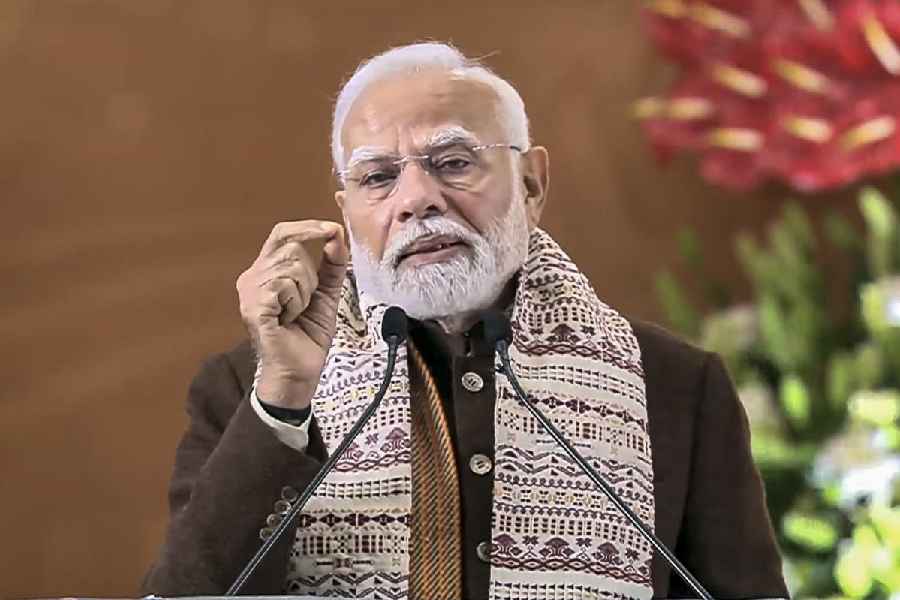The Modi government is moving to clamp down on unregulated lending with a sweeping new bill that proposes harsh penalties, including up to 10 years in prison for violators.
The draft legislation, known as the Banning of Unregulated Lending Activities (BULA) Bill, targets unauthorised lenders and aims to curb exploitative practices in the country’s fast-growing lending ecosystem. Public feedback on the draft is open until February 13, 2025.
The proposed law defines unregulated lending as financing activities carried out by individuals or entities not authorised under existing laws or overseen by regulators such as the Reserve Bank of India (RBI).
It seeks to bar unauthorised digital and traditional lenders from operating, effectively outlawing their activities.
Under the draft provisions, individuals found guilty of unregulated lending could face imprisonment of two to seven years and fines ranging from ₹200,000 to ₹1 crore. Those who employ coercive methods to recover loans could face up to 10 years in prison.
The bill proposes establishing a central repository of regulated lenders to empower borrowers to verify the legitimacy of loan providers. It also grants law enforcement agencies significant authority, including the ability to search, seize and freeze assets linked to unregulated lending without a warrant.
As digital lending grows exponentially in India, regulators have flagged concerns about predatory practices.
A 2021 report by the RBI’s Working Group on Digital Lending highlighted significant risks posed by unregulated lenders, including exorbitant interest rates and opaque terms.
Mayank Arora, director at Nangia Andersen India, highlighted the importance of transparency, saying the proposed central repository for regulated lenders would protect borrowers and bring clarity to the digital lending ecosystem.
Shrishail Kittad, partner at IndiaLaw LLP, called the bill a vital step to counter rampant fraud and give regulated entities a level playing field.










